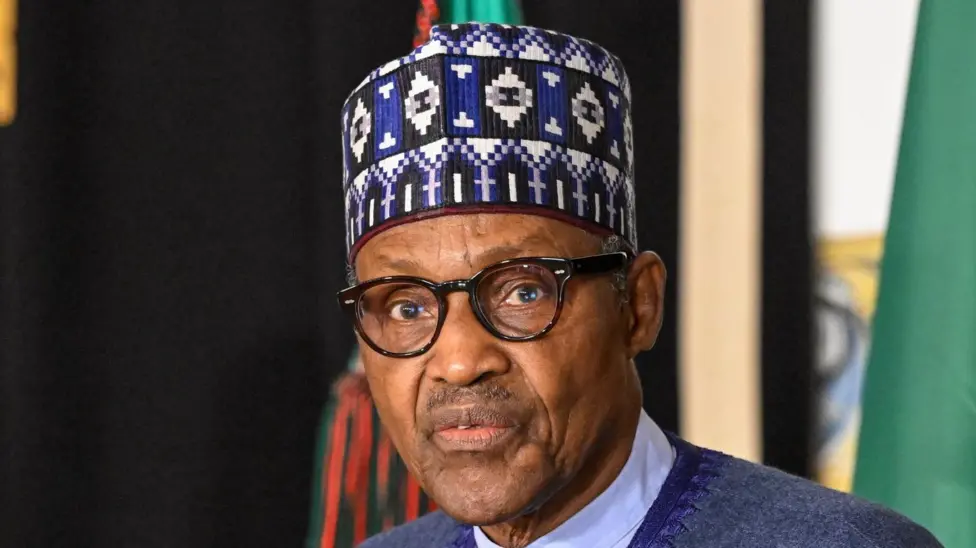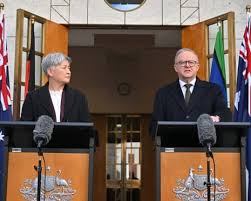Nigeria’s former President Muhammadu Buhari has died aged 82 in a London clinic, ending the life of a controversial yet pivotal figure in the country’s modern history. Buhari, a former military ruler turned elected president, was known for his stern leadership style, a strong stance against corruption, and a commitment to national discipline, but also faced criticism for his handling of security and economic challenges.
Buhari had traveled to the UK in April 2025 for what was reported as a routine medical check-up but reportedly fell seriously ill before passing away.
Born in December 1942 in Daura, Katsina State, in northern Nigeria, Muhammadu Buhari’s early life was shaped by military discipline and colonial-era Nigeria. After joining the Nigerian army post-independence, he trained further in the UK before steadily rising through military ranks. By 1983, Buhari became Nigeria’s military head of state following a coup, ruling for 20 months with a campaign focused on fighting corruption and indiscipline, a legacy that earned him both praise and accusations of repression.
Despite his authoritarian methods — including media restrictions and harsh punishments for civil servants — Buhari gained a reputation for personal honesty, a rarity in Nigerian politics.
After three failed attempts at the presidency, Buhari made history in 2015 by becoming the first opposition candidate to defeat an incumbent president in Nigeria’s democratic era. He won re-election in 2019, largely due to his appeal among the northern poor (“talakawa”) and his promise to tackle Boko Haram insurgency, corruption, and youth unemployment.
However, his presidency coincided with Nigeria’s worst economic crisis in decades, exacerbated by a global oil price slump. Buhari’s administration was criticized for failing to decisively curb Boko Haram and other violent conflicts, including clashes between farmers and Fulani herders, as well as rampant kidnappings by bandits.
The government’s handling of security issues, coupled with controversial incidents such as the lethal crackdown on anti-police brutality protesters at Lagos’ Lekki tollgate in 2020, marred his tenure.
Buhari’s tenure was also marked by a highly unpopular rice import ban intended to boost local farming, which caused staple food prices to skyrocket, contributing to widespread hunger and loss of public support.
Known for his methodical and slow decision-making, he earned the nickname “Baba Go Slow,” reflecting delays in appointing his cabinet and implementing reforms. His declining health in later years led to prolonged absences, raising concerns about transparency regarding the president’s fitness for office.
Muhammadu Buhari was married twice—first to Safinatu Yusuf until her death in 1988, and then to Aisha Halilu in 1989. He fathered ten children. Buhari’s modest lifestyle and declaration of “incorruptibility” stood in contrast to many Nigerian politicians, reinforcing his image as a man of principle despite political controversies.
Buhari’s death marks the end of an era defined by his complex legacy as both a military ruler and democratic president. His impact on Nigeria’s political landscape remains deeply felt, with many Nigerians remembering his presidency for its tough stance on corruption and security, as well as the challenges and hardships endured during his administration.



